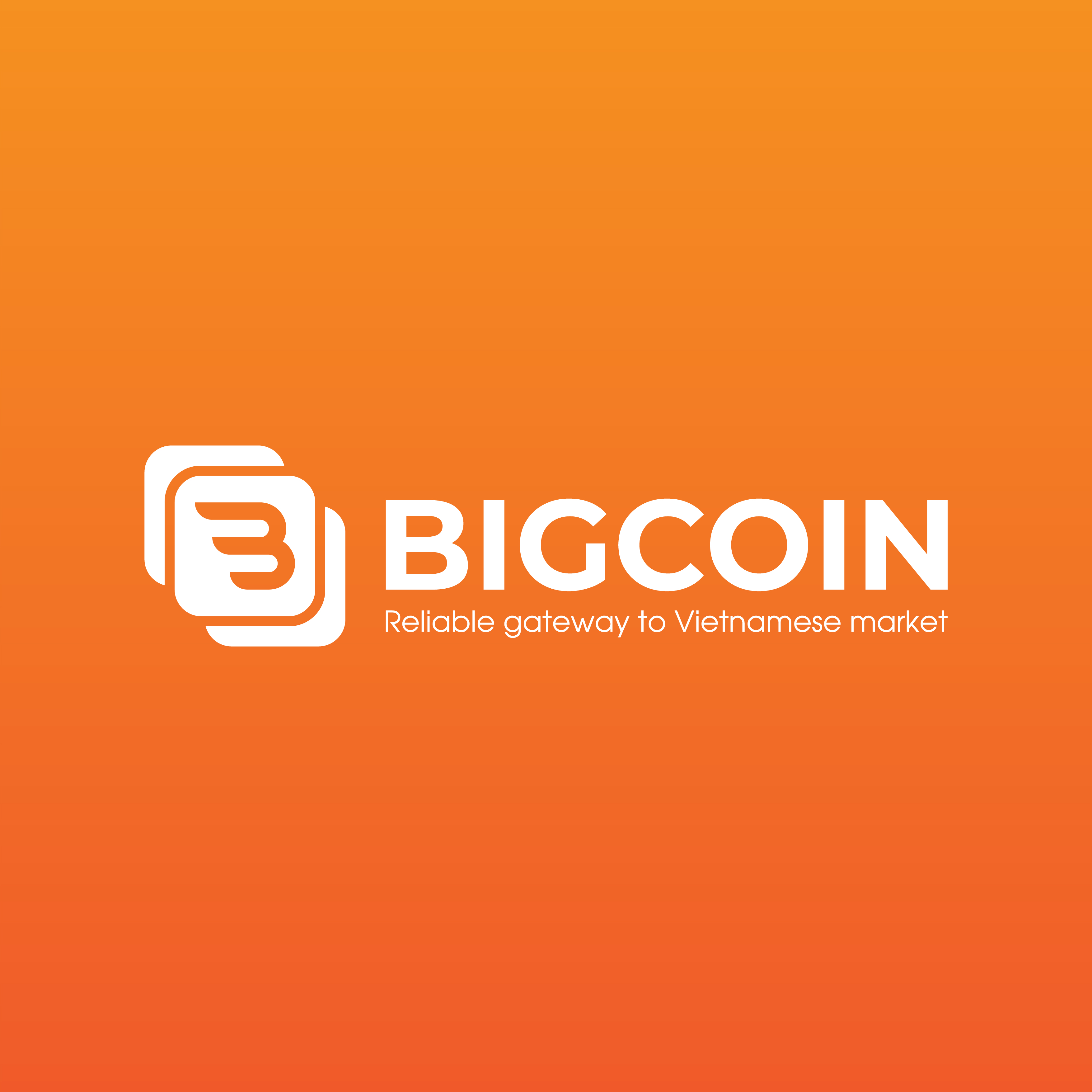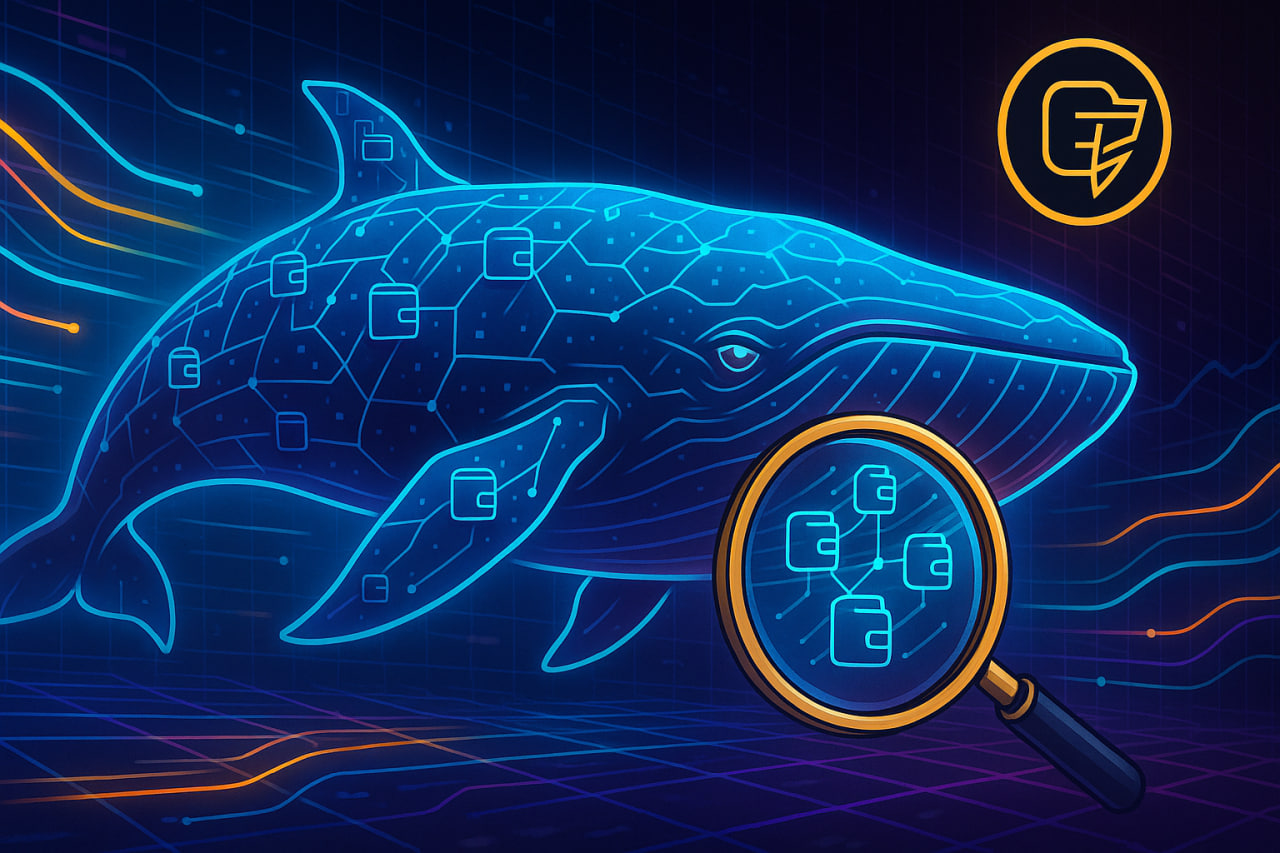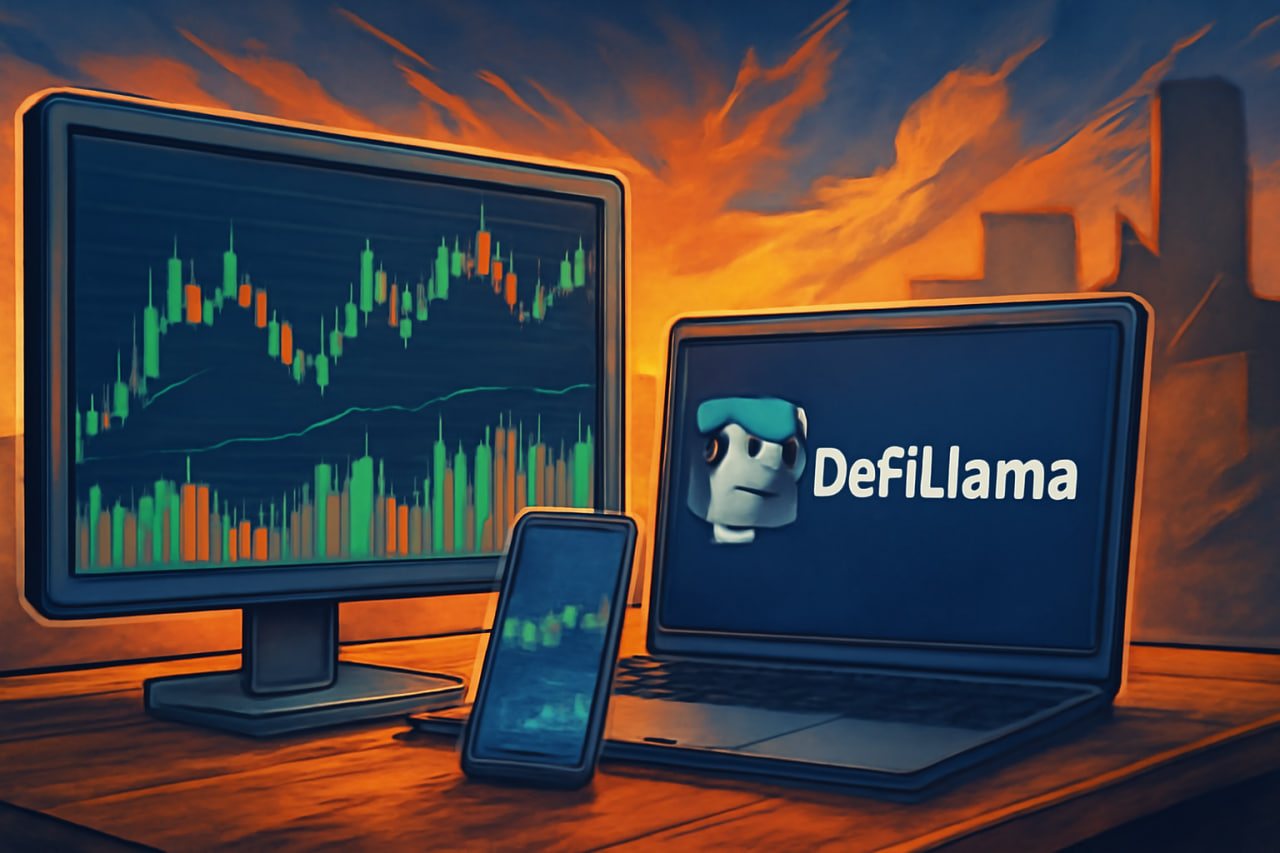%20(15).png)
1. What is Rollup-as-a-Service (RaaS)?
Rollups are Layer 2 scaling solutions that process transactions off-chain to reduce congestion on the main blockchain while posting compressed transaction data back to the L1 for security and finality. RaaS providers simplify this process by offering tools, infrastructure, and support for deploying and managing rollups, often with no-code or one-click solutions. These platforms handle critical aspects such as proof systems, sequencers, and data availability (DA) layers, making it easier for developers to launch application-specific blockchains (appchains) or rollups tailored to their needs.
Reliability in RaaS is defined by uptime, technical support, compatibility with major rollup frameworks (e.g., OP Stack, Arbitrum Orbit, Polygon CDK), integration with data availability solutions (e.g., Celestia, EigenDA), and the ability to deliver scalable, secure, and cost-effective infrastructure. Below, we highlight the most reliable RaaS providers based on their track record, features, and community sentiment.
2. Top Reliable RaaS Providers in 2025
2.1. Caldera
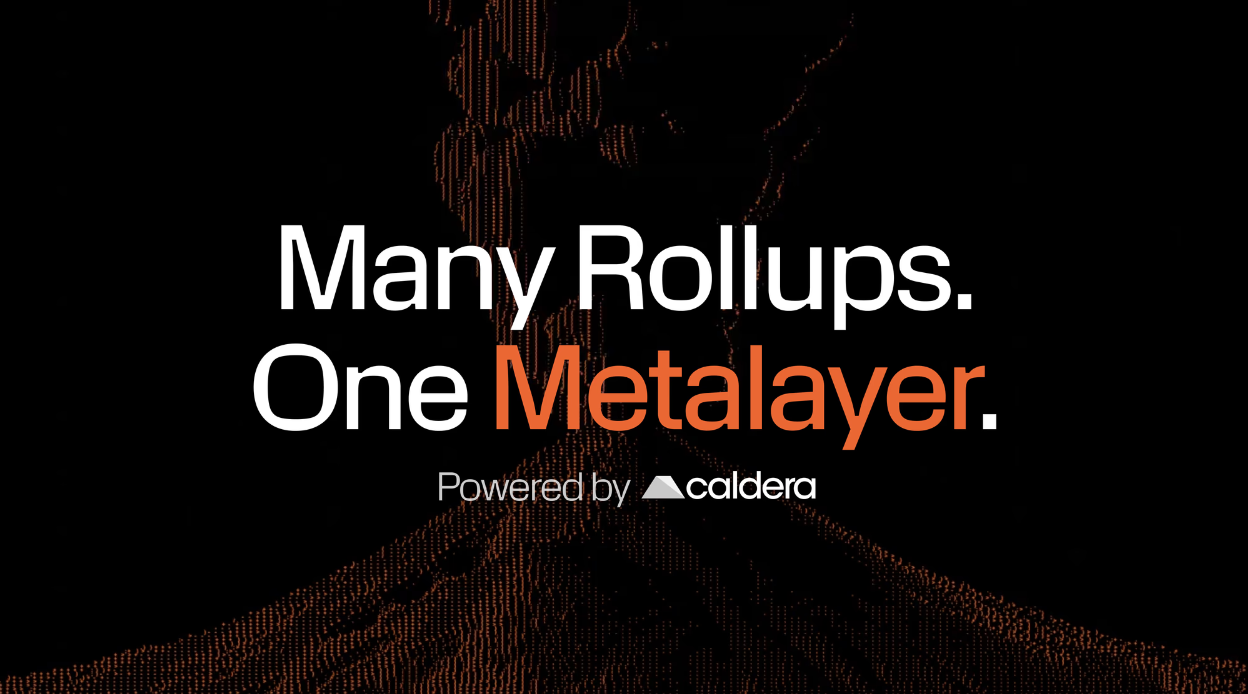
Caldera has established itself as a leading RaaS provider, often praised for its reliability and ease of use. It supports a wide range of rollup frameworks, including OP Stack, Arbitrum Orbit, and Polygon CDK, making it a versatile choice for developers. Caldera’s one-click deployment process allows developers to launch production-ready rollups in minutes, with compatibility across data availability layers like Ethereum, Celestia, EigenDA, and NEAR.
Key features that contribute to Caldera’s reliability include:
-
High Uptime: Caldera boasts 99.9% uptime, ensuring that rollups remain operational even under high user demand.
-
Comprehensive Support: Round-the-clock technical support and standard-grade Service Level Agreements (SLAs) provide developers with confidence in managing their infrastructure.
-
Ecosystem Compatibility: Caldera supports hundreds of chains and integrates with major frameworks and data layers, offering flexibility for projects of all sizes.
-
Cost Efficiency: By leveraging alternative DA layers like Celestia, Caldera significantly reduces transaction fees, making it an attractive option for cost-conscious projects.
Caldera’s reputation is further reinforced by positive sentiment on platforms like X, where users have called it the “king of rollups” for its modular, fast, and reliable infrastructure.
2.2. Conduit

Conduit is another highly reliable RaaS provider, known for its simplicity and speed in deploying rollups. It supports OP Stack and Arbitrum Nitro, enabling developers to launch rollups on Ethereum’s mainnet or testnet in minutes without writing code. Conduit’s all-in-one infrastructure has attracted notable clients like Zora and Gitcoin, highlighting its enterprise-grade reliability.
Conduit’s strengths include:
-
Rapid Deployment: Rollups can be deployed in under 30 minutes, compared to months for custom-built solutions.
-
No-Code Solutions: Conduit’s user-friendly interface eliminates the need for deep technical expertise, making it accessible to a wide range of developers.
-
Scalability: By leveraging Ethereum’s security and integrating with modular DA solutions, Conduit ensures high throughput and low latency for appchains.
Conduit’s focus on ease of use and robust infrastructure makes it a top choice for projects seeking quick time-to-market without compromising reliability.
2.3. QuickNode
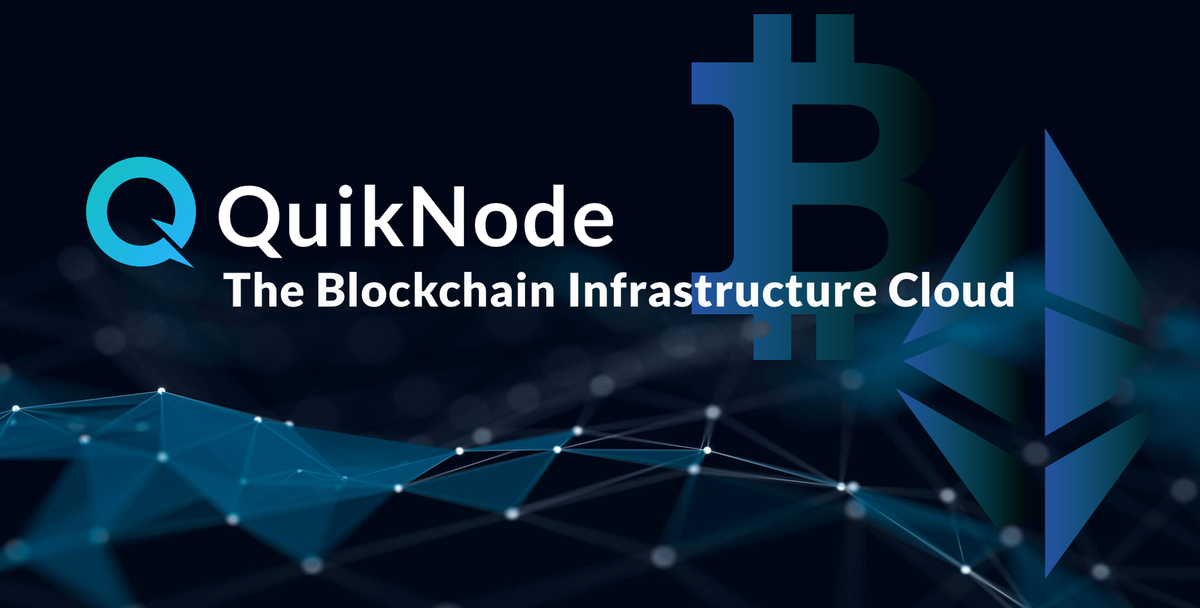
QuickNode has entered the RaaS space with a strong emphasis on enterprise-grade infrastructure and developer support. Integrated with Arbitrum’s Orbit ecosystem, QuickNode allows developers to deploy custom rollups in seconds, backed by its world-class infrastructure known for high availability and performance.
Key highlights of QuickNode include:
-
World-Class Infrastructure: QuickNode’s reputation for reliable blockchain node services extends to its RaaS offerings, ensuring minimal downtime and high performance.
-
Developer Resources: Comprehensive guides and tools help developers navigate the process of launching and managing rollups.
-
Ecosystem Integration: QuickNode’s support for Arbitrum Orbit makes it a strong choice for Ethereum-based projects looking to scale efficiently.
QuickNode’s reliability is further evidenced by its partnerships with major players in the Web3 space and its focus on user trust through stable infrastructure.
2.4. AltLayer
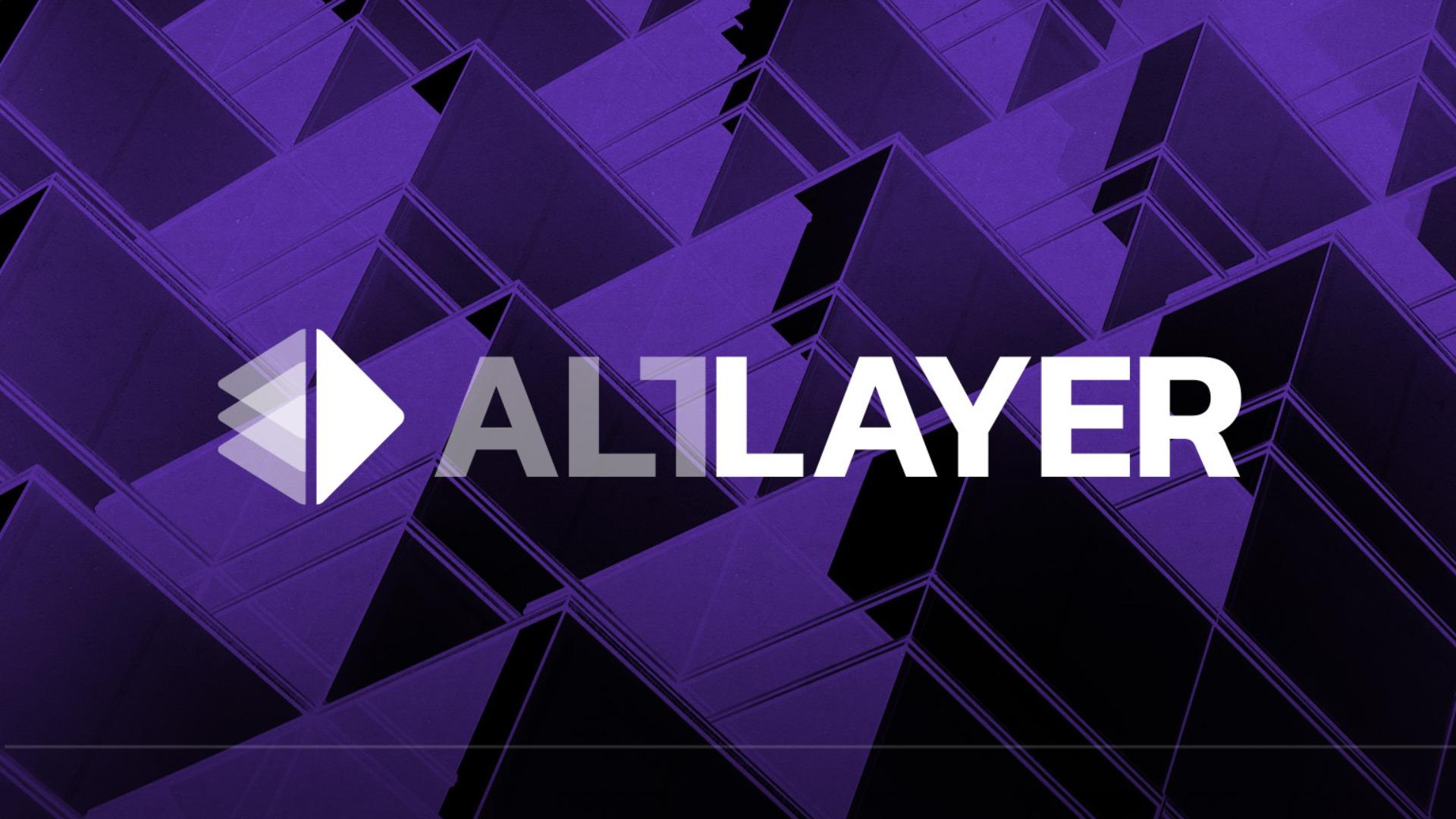
AltLayer is a decentralized RaaS protocol that supports both optimistic and zero-knowledge (ZK) rollup stacks. Its unique “restaked rollups” framework combines the strengths of multiple rollup stacks, offering developers flexibility and customization. AltLayer’s SDK allows for hands-on management, making it suitable for projects requiring fine-tuned control.
Why AltLayer is reliable:
-
Decentralized Architecture: AltLayer’s decentralized approach reduces single points of failure, enhancing the security and uptime of rollups.
-
Modular Design: Support for multiple rollup stacks and DA layers (e.g., Celestia) ensures compatibility and scalability.
-
Technical Support: Continuous updates and troubleshooting services keep rollups running smoothly.
AltLayer’s innovative approach and robust infrastructure make it a trusted choice for developers building complex appchains.
2.5. Zeeve
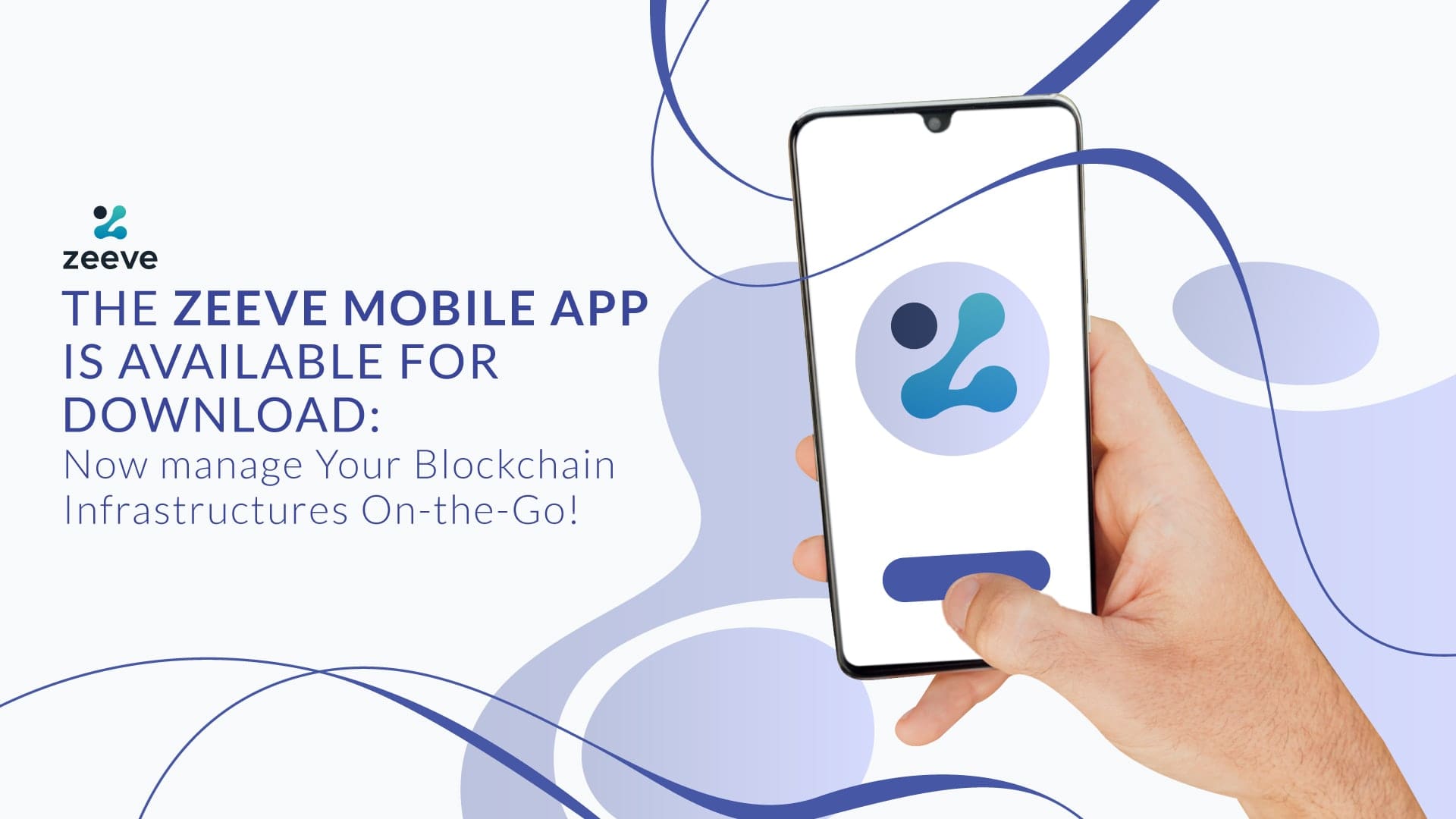
Zeeve specializes in enterprise-level RaaS, focusing on L2 and L3 rollups for large-scale projects. It provides end-to-end solutions, including rollup deployment, management, and monitoring, with a strong emphasis on reliability and performance.
Zeeve’s reliability factors include:
-
Enterprise-Grade Infrastructure: Tailored for large organizations, Zeeve offers robust SLAs and 24/7 support.
-
Customizability: Developers can configure rollups to meet specific performance and security requirements.
-
Proven Track Record: Zeeve’s focus on enterprise clients ensures high standards of reliability and uptime.
3. Factors to Consider When Choosing a RaaS Provider
When selecting a RaaS provider, developers should evaluate the following factors to ensure reliability:
-
Uptime and Availability: Providers like Caldera and QuickNode offer near-perfect uptime (99.9% or higher), critical for user trust and application performance.
-
Framework Compatibility: Support for popular rollup stacks (e.g., OP Stack, Arbitrum Orbit, Polygon CDK) ensures flexibility and future-proofing.
-
Data Availability Solutions: Integration with cost-effective DA layers like Celestia or EigenDA reduces fees and improves efficiency.
-
Technical Support: 24/7 support and comprehensive documentation are essential for troubleshooting and maintaining rollups.
-
Cost Efficiency: Providers that optimize for low transaction fees and predictable infrastructure costs (e.g., Caldera, Conduit) are ideal for budget-conscious projects.
-
Community Trust: Positive sentiment on platforms like X, as seen with Caldera, indicates real-world reliability and developer satisfaction.
4. Why RaaS Matters in 2025
The rise of RaaS has democratized access to scalable blockchain infrastructure, enabling developers to build appchains without the technical overhead of managing rollups manually. By 2025, RaaS providers have become a cornerstone of Web3 development, offering up to 10x scalability and 80% fee savings compared to traditional L1 solutions. The competitive landscape has driven innovation, with providers like Caldera, Conduit, QuickNode, AltLayer, and Zeeve leading the charge in reliability and performance.
RaaS also supports the broader adoption of appchains, which are optimized for specific applications and eliminate resource competition on public L1 networks. This results in faster transactions, lower costs, and improved user experiences, making RaaS a critical tool for DeFi, gaming, AI, and other Web3 verticals.
5. Conclusion
In 2025, the most reliable RaaS providers—Caldera, Conduit, QuickNode, AltLayer, and Zeeve—offer a combination of high uptime, robust technical support, and compatibility with leading rollup frameworks and DA layers. Caldera stands out for its versatility and community trust, while Conduit excels in no-code deployment, and QuickNode leverages its enterprise-grade infrastructure. AltLayer and Zeeve cater to developers seeking decentralized and enterprise-level solutions, respectively. When choosing a RaaS provider, developers should prioritize uptime, framework support, cost efficiency, and technical assistance to ensure a seamless and scalable Web3 experience.
Read more:


 Tiếng Việt
Tiếng Việt